Understanding Acne: Causes and Types
Acne is not just a teenage concern; it affects individuals of all ages and can significantly impact self-esteem and quality of life. This skin condition results from a complex interplay of factors including hormonal changes, genetics, and environmental influences. At Acne Treatment, we explore the fundamental aspects of acne, its causes, and the different types you may encounter.
What Causes Acne?
Acne develops when hair follicles become clogged with oil and dead skin cells, leading to inflammation and the formation of pimples. The primary factors contributing to this condition include:
- Hormonal Changes: The surge in hormones, particularly androgens, during puberty leads to increased oil production in the skin, which can trigger acne.
- Genetics: A family history of acne may predispose individuals to experience the condition.
- Diet: Some studies suggest that high-glycemic-index foods may exacerbate acne, although this remains a debated topic.
- Stress: Psychological stress can worsen existing acne by increasing inflammation in the body.
- Product Use: Certain skincare products, particularly those that are comedogenic (pore-clogging), can contribute to the development of acne.
Different Types of Acne
Recognizing the various types of acne can aid in determining appropriate treatments. Common types include:
- Comedonal Acne: Characterized by open (blackheads) or closed (whiteheads) comedones.
- inflammatory Acne: Presents as red, swollen lesions, including papules and pustules.
- Severe Acne: Includes cystic lesions which are deeper and can cause scarring.
Identifying Your Acne Type for Effective Treatment
Understanding the specific type of acne you have is crucial in selecting an effective treatment regimen. For instance, comedonal acne may respond well to topical treatments, while inflammatory acne might require more intensive therapies.
Topical Treatments for Acne
Topical treatments are often the first line of defense in managing acne due to their direct application to the affected areas. The following are some widely recognized and effective topical treatments:
Retinoids: How They Work
Retinoids, derived from vitamin A, are a cornerstone of acne treatment. They help to unclog pores and reduce inflammation. Common retinoids include:
- Tretinoin: Effective in promoting cell turnover and preventing new acne formation.
- Adapalene: A milder formulation that is often well-tolerated by sensitive skin.
Benzoyl Peroxide: A Common Solution
Benzoyl peroxide is an effective antibacterial agent that helps reduce the presence of acne-causing bacteria on the skin. It’s available in various concentrations, making it customizable to individual skin sensitivities.
Salicylic Acid: Benefits for Acne Treatment
Salicylic acid is a beta hydroxy acid that deeply penetrates pores to assist with exfoliating dead skin cells, subsequently preventing clogging. It also possesses anti-inflammatory properties that can soothe red inflamed areas.
Oral Medications for Acne
For moderate to severe acne, or when topical treatments fail to yield results, oral medications may be prescribed. These medications can offer alternative pathways to treat and manage outbreaks effectively.
Common Antibiotics Used in Acne Treatment
Oral antibiotics, such as tetracyclines and macrolides, are commonly used to help reduce skin inflammation and bacterial content. They are especially beneficial for inflammatory acne.
Hormonal Treatments Explained
Hormonal treatments, including birth control pills, can regulate hormones that contribute to oil gland activity, ultimately reducing acne in women. This approach is especially effective for cases linked to hormonal fluctuations.
Isotretinoin: Indications and Considerations
Isotretinoin, known for its potency in treating severe acne, works by directly affecting oil production, skin cell turnover, and reducing inflammation. However, it requires careful monitoring and comes with potential side effects, making it a last-resort option.
Advanced Acne Treatment Options
For those who do not see improvements from standard treatments, advanced options may provide alternative solutions.
Laser Therapy and Its Efficacy
Laser therapies target the deeper layers of skin and can effectively reduce acne scars as well as active lesions. Different laser types and settings allow for customizable treatments based on individual needs.
Chemical Peels: A Deep Dive
Chemical peels involve applying a chemical solution to exfoliate the outer layer of skin. This process can improve texture and reduce the appearance of acne scars by encouraging new skin cell growth.
Microdermabrasion: Processes and Benefits
Microdermabrasion gently scrapes away the surface layer of skin to promote smoother, clearer skin beneath. This method enhances product absorption and can serve as a maintenance treatment alongside topical therapies.
Preventing Future Breakouts
Effective acne management extends beyond treatments; prevention strategies are equally important in maintaining clear skin.
Establishing an Effective Skincare Routine
A consistent skin care regimen is vital for preventing breakouts. This includes using a gentle cleanser, non-comedogenic moisturizers, and sunscreen to protect against UV damage while ensuring the skin remains hydrated.
Lifestyle Changes to Support Healthy Skin
Adopting a balanced diet, managing stress through techniques such as mindfulness, and ensuring adequate hydration can have positive effects on skin health. Avoiding touching the face can also help reduce the transfer of bacteria and oil.
When to Seek Professional Help for Acne Treatment
If over-the-counter solutions fail to resolve acne issues or if you’re experiencing emotional distress due to skin conditions, it’s important to seek professional assistance. A dermatologist can offer tailored treatments based on individual skin conditions.
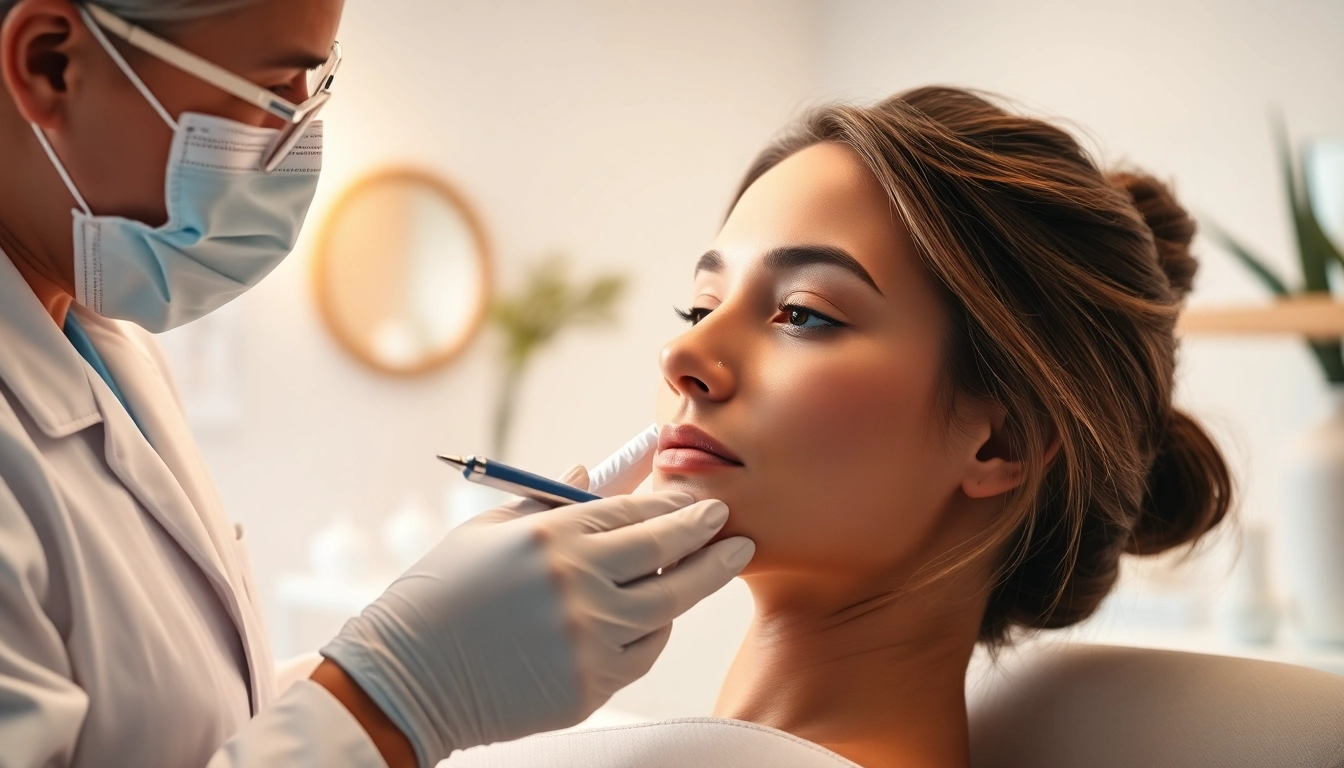
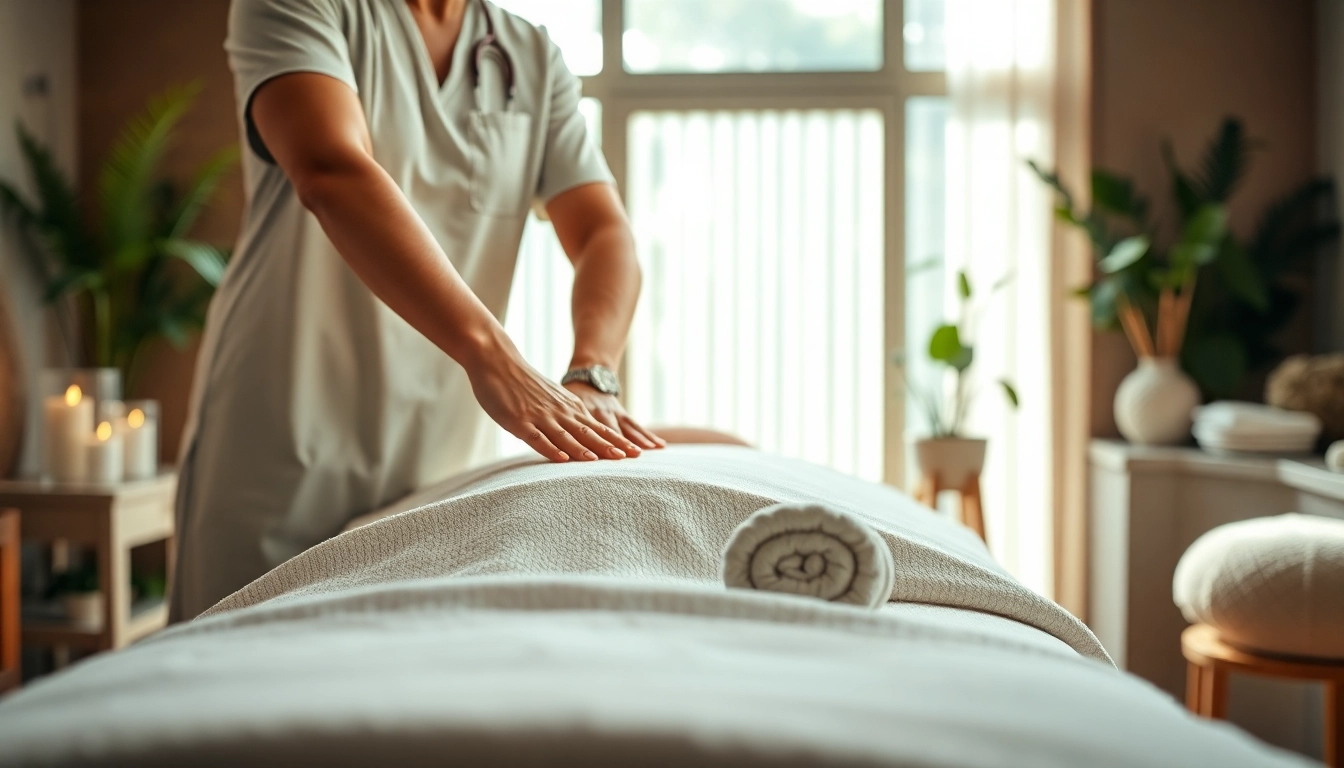
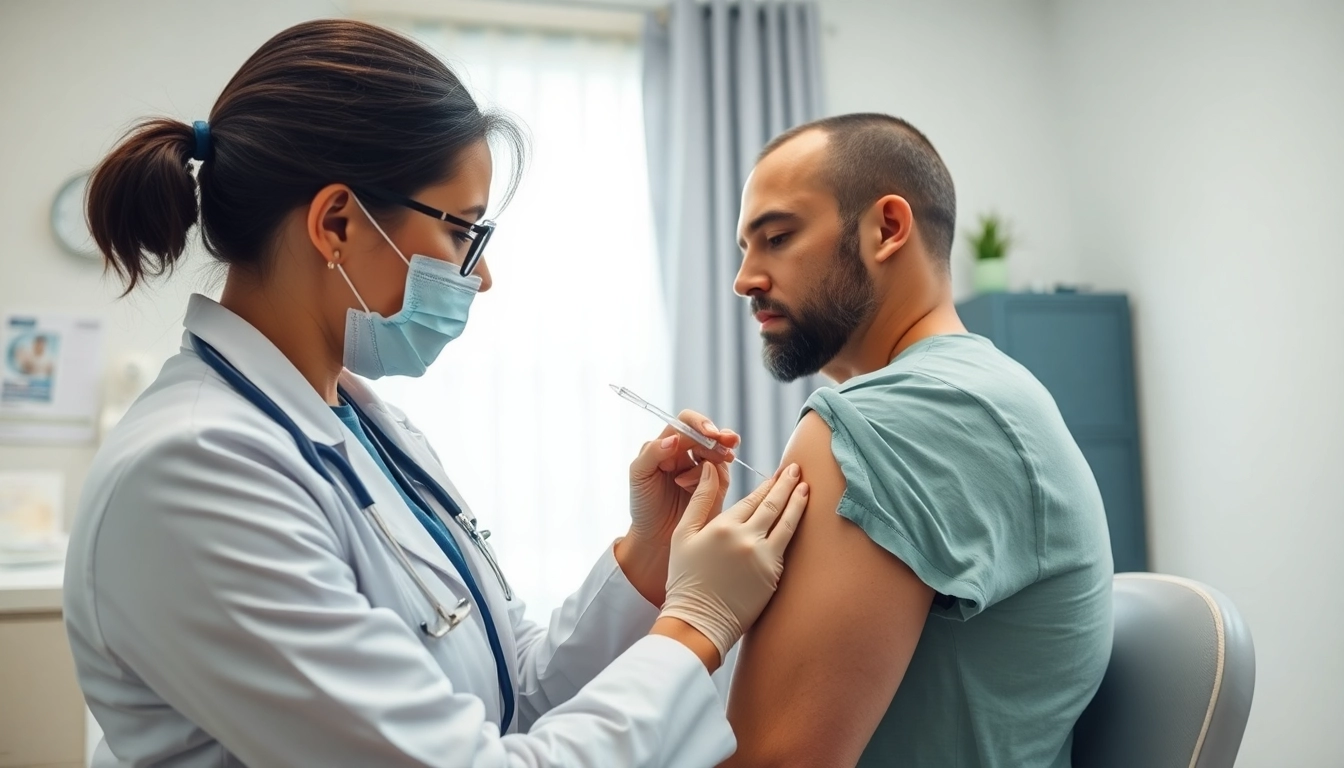
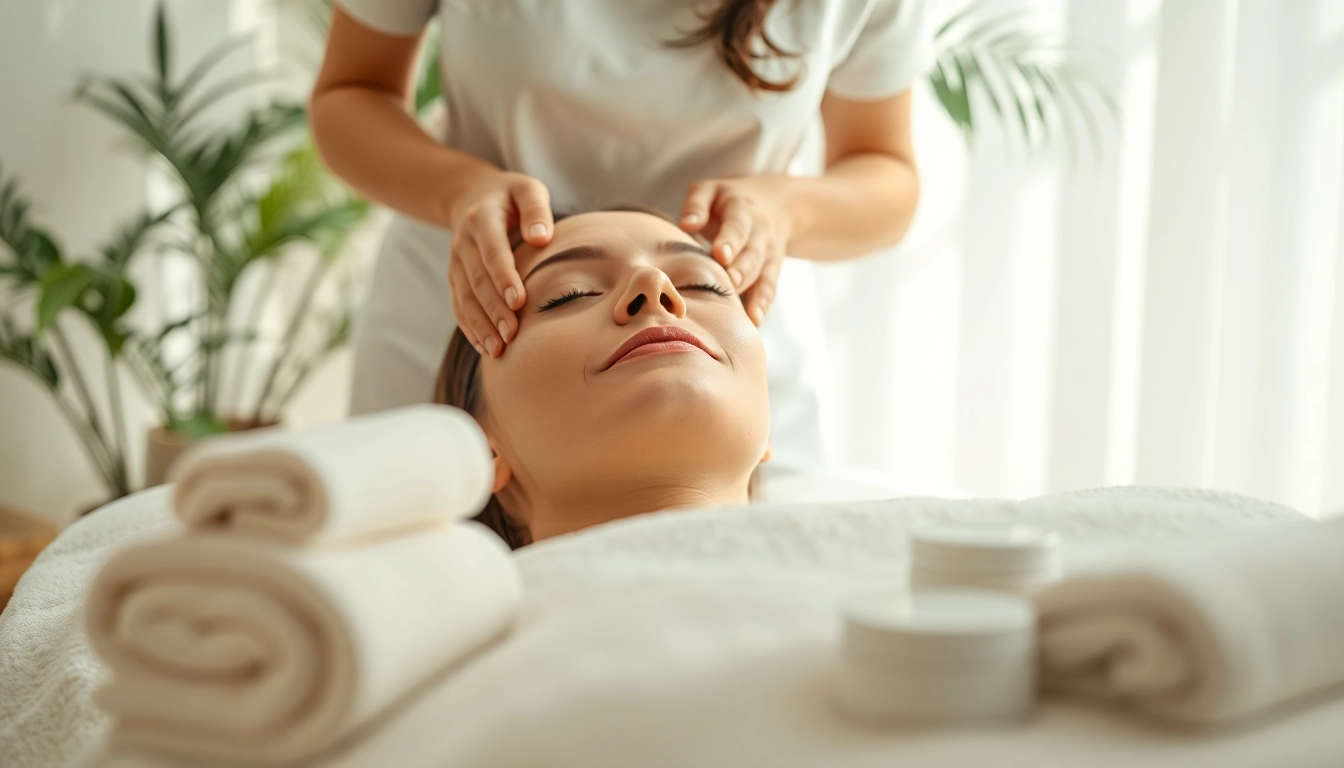




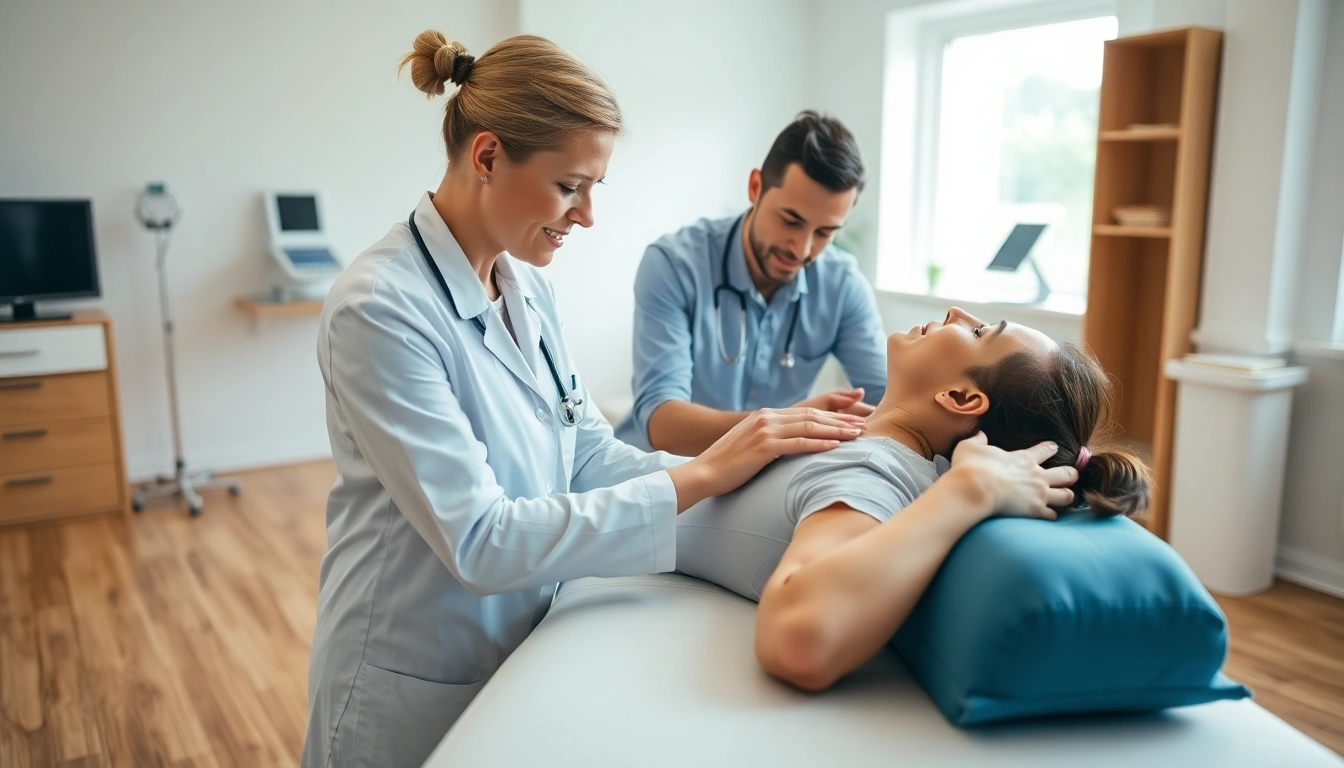

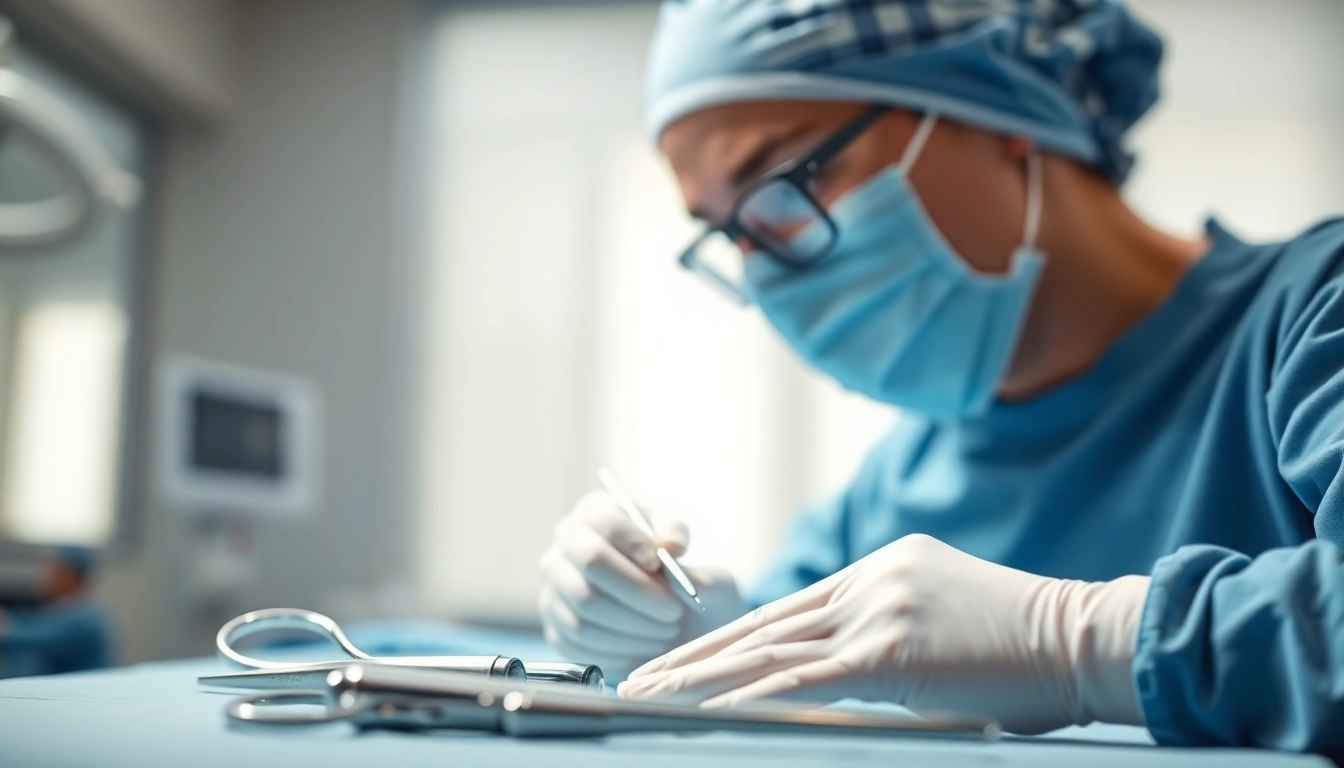




Leave a Reply